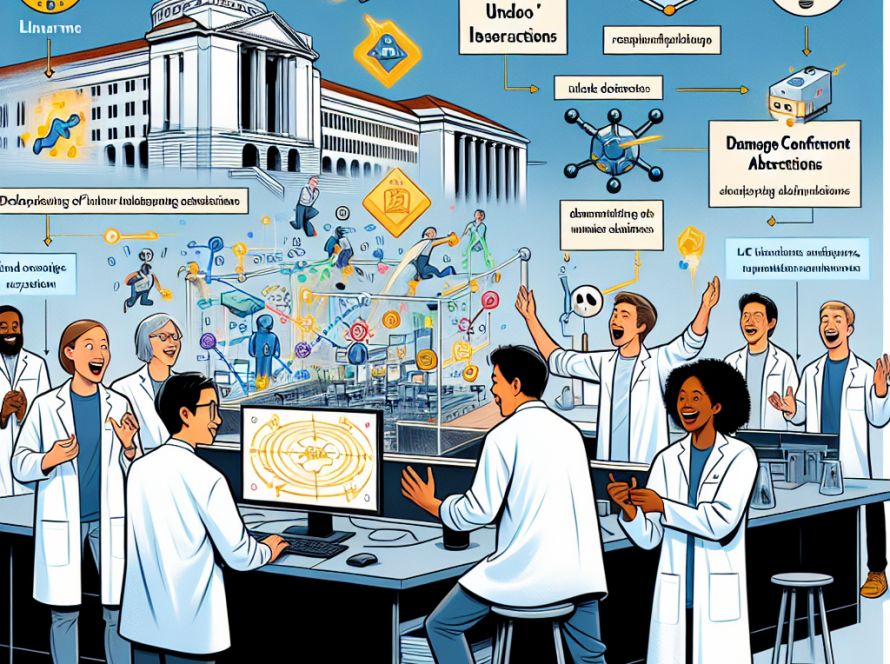Emerging technologies have rapidly become pivotal in transforming the healthcare industry, especially in terms of patient care and support. Due to the evolving preferences of patients and a growing reliance on mobile devices, healthcare organizations are now adopting digital-first engagement strategies to keep up with the times. This could not be more evident since the onset of the COVID-19 pandemic, which has made mobile phones as the key communication tool for these organizations.
A McKinsey report has shown that in 2020, 80% of MedTech companies redirected a part, in some cases more than 20%, of their marketing budget toward digital channels. Additionally, two-thirds of these companies foresee online channels contributing to more than 20% of their revenue by 2025.
Moving forward, it has become a priority for healthcare leaders to leverage omni-channel technologies to modernize patient interactions. By doing so, they can align with patient preferences, streamline communication, and enhance patient experience. Using multiple channels such as text messaging, email, web chat, direct messaging, video, and phone calls, can greatly improve patient outreach and communication.
The implementation of an omni-channel patient engagement strategy also benefits healthcare professionals. Through interactive communication channels, the focus can shift from manual processes to developing meaningful interventions that lead to positive health outcomes. Simultaneously, it can optimize internal processes, reduce patient wait times for medication refills, and enable staff to be more responsive via the patient’s preferred contact method.
Patient engagement, now a critical area of focus in healthcare, is seeing several organizations implement different strategies for improvement. As patient outreach becomes more personalized and responsive, patient engagement subsequently increases. When healthcare professionals communicate effectively, collaboration improves, relationships strengthen, and patients are more engaged in their own care.
The link between regular patient support and clinical outcomes is apparent. When outreach improves and patients are involved in decision-making, adherence to prescribed therapy increases, hence leading to better health outcomes. Commenting on this practice, Brian Eastwood, an analyst at healthcare IT consulting firm Chilmark Research, explained how extensive communication could help patients avoid 30-day hospital readmissions or meet care plan objectives tied to clinical outcomes.
Omni-channel engagement strategies rely heavily on technology, particularly artificial intelligence (AI). AI-powered personalization provides vital insights, predicting non-adherent patients and their reactions to various interventions. By identifying preferred channels, staff can offer more tailored support and increase patient-staff communication. AI and predictive analytics can inform patient communication, interventions, and support programs.
In conclusion, embracing omni-channel technologies can drastically enhance patient care, increasing both patient engagement and adherence to prescribed treatment. By doing so, healthcare organizations will not only improve outcomes but also solidify relationships with their patients.


